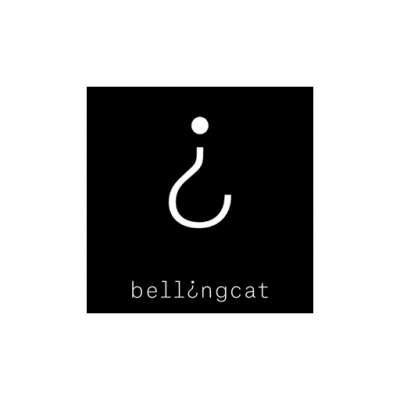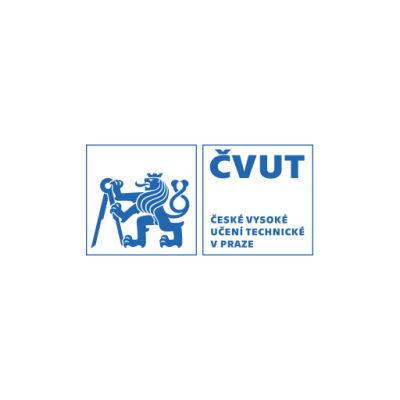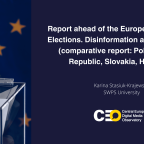About CEDMO
The Central European Digital Media Observatory (CEDMO), as an independent non-partisan multidisciplinary hub, aims to identify, research and prioritise the most critical sources and causes of information disorders in Central Europe (mainly the Czech Republic, Slovakia and Poland). This international consortium was created to propose a set of short and longer-term actions, as well as recommendations to help civil society, public institutions and the private sector respond to the declining trust in key institutions and help society to resist the effect of increasing exposure to mis- and disinformation.
By interacting and coordinating with European Digital Media Observatory (EDMO) and other regional EDMO hubs in EU, CEDMO will contribute to curbing threats posed by information disorders, including disenchantment with the democratic processes, and discord in civil society in Europe, and to building community and nation-wide resilience while protecting information ecosystems.
About CEDMO
The Central European Digital Media Observatory (CEDMO), as an independent non-partisan multidisciplinary hub, aims to identify, research and prioritise the most critical sources and causes of information disorders in Central Europe (mainly the Czech Republic, Slovakia and Poland). This international consortium was created to propose a set of short and longer-term actions, as well as recommendations to help civil society, public institutions and the private sector respond to the declining trust in key institutions and help society to resist the effect of increasing exposure to mis- and disinformation.
Our Partners
About CEDMO
The Central European Digital Media Observatory (CEDMO), as an independent non-partisan multidisciplinary hub, aims to identify, research and prioritise the most critical sources and causes of information disorders in Central Europe (mainly the Czech Republic, Slovakia and Poland). This international consortium was created to propose a set of short and longer-term actions, as well as recommendations to help civil society, public institutions and the private sector respond to the declining trust in key institutions and help society to resist the effect of increasing exposure to mis- and disinformation.
Our Partners
“In Pfizer’s own document. Trying to knock down the population…. Well they are doing it. Someone tell Celine Dion because you know the doctors will deny it has anything to do with medication’s or vaccines even if it’s on their list of side effects,” says a December 10, 2022 Instagram post.
“Look closely. The effects of CO2 on the planet….,” says a November 27, 2022 tweet from former University of Toronto professor Jordan Peterson that has tens of thousands of interactions.
“Nazi Ukrainians were arrested in Qatar after they drew swastikas on football posters,” reads a tweet from November 22, 2022, featuring a video with graphics and a logo resembling those of international news channel Al Jazeera.
“Japan’s locker room after the Costa Rica match,” reads the Korean-language title of a post shared on Gasengi, a popular South Korean internet forum, on November 27.
“Remember, ‘The vaccine is safe for pregnant women’- let me introduce the paperwork dumped by Pfizer, 50k pages. Now we know why they wanted to keep this hidden for 50+years,” says a May 4, 2022 tweet. It includes an image of vaccine guidance, with red underline to highlight: “COVID-19 mRNA Vaccine BNT126b2 is not recommended during pregnancy.”
An April 14, 2022 Facebook post shares the alleged tweet, which says: “It’s good to be back, Thanks Elon!” The handle @realDonaldTrump — the former president’s personal account, which was permanently suspended following the attack on the US Capitol on January 6, 2021 — appears at the top of the image, along with a blue check mark, an indicator of Twitter verification.






























